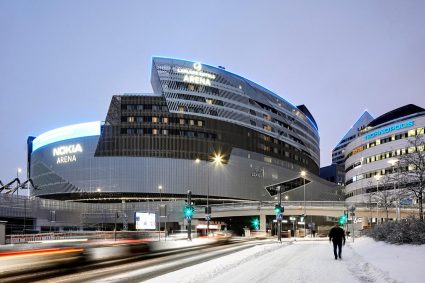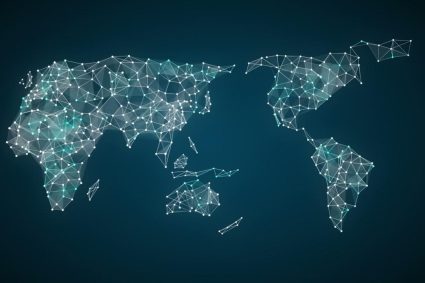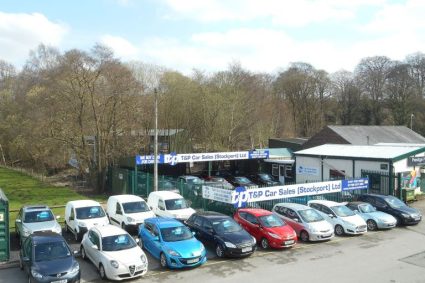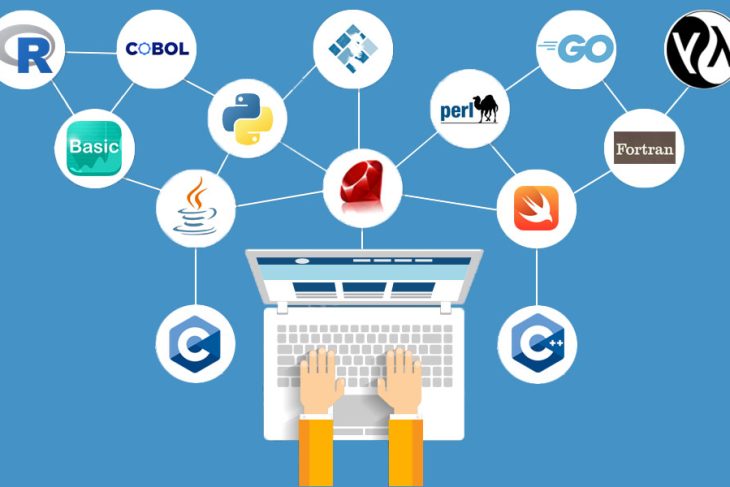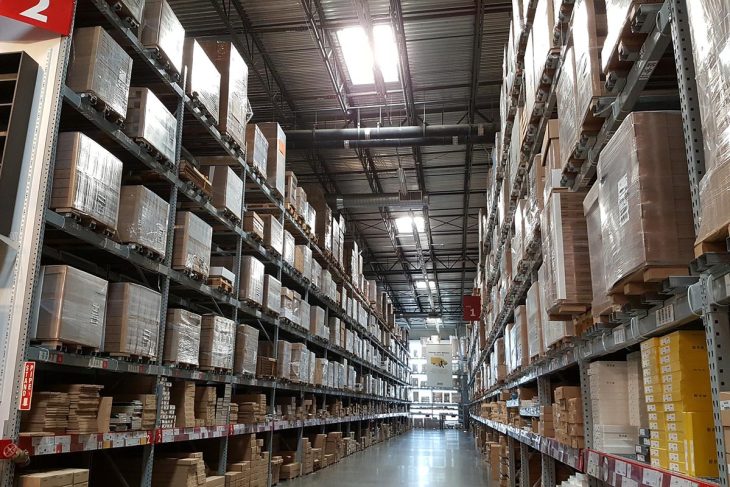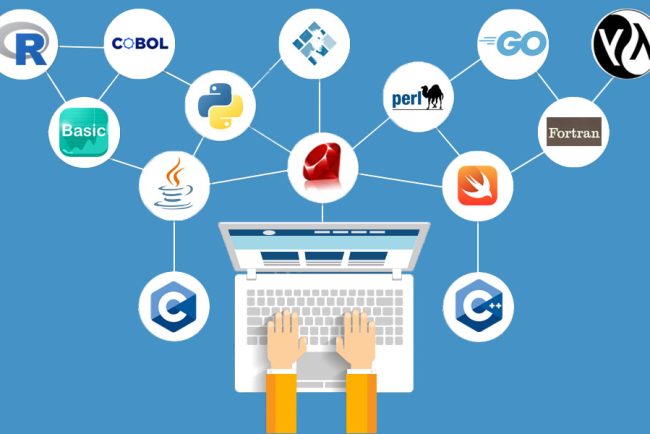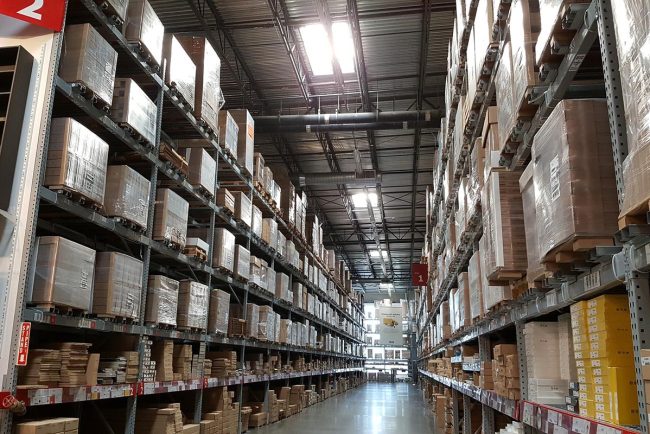

The rapid advancement of technology has given rise to the concept of smart cities, where data-driven solutions and innovations are used to enhance the quality of life for residents. In this article, we will explore how smart data exchange is playing a crucial role in driving innovation and creating value in smart cities.
The Power of Smart Data Exchange:
Smart data exchange refers to the seamless flow of data between various systems and stakeholders within a smart city ecosystem. It involves collecting, analyzing, and sharing data from different sources such as sensors, devices, and databases. By leveraging this data, smart cities can gain valuable insights and make informed decisions to optimize resource allocation, improve efficiency, and enhance the overall urban experience.
- Enhancing Urban Services:
Smart data exchange enables the integration of various urban services, such as transportation, energy, waste management, and public safety. By sharing data across these domains, cities can optimize operations and deliver more efficient and sustainable services. For example, real-time traffic data can be used to optimize traffic flow, reduce congestion, and enhance public transportation systems. Similarly, data from energy consumption patterns can help cities identify opportunities for energy savings and promote renewable energy integration.
- Facilitating Collaboration and Innovation:
Smart data exchange fosters collaboration among different stakeholders, including government agencies, businesses, research institutions, and citizens. By sharing data, these entities can collaborate on solving complex urban challenges and drive innovation. For instance, startups and entrepreneurs can access relevant data to develop innovative solutions for urban mobility, waste management, or energy efficiency. The availability of data promotes a vibrant ecosystem of innovators working towards common goals.
- Improving Decision-Making:
Data-driven decision-making lies at the core of smart cities. Smart data exchange provides decision-makers with accurate and timely information, enabling them to make informed choices. For instance, city planners can utilize data on population trends, energy consumption, and environmental factors to develop sustainable urban development plans. Real-time data from IoT sensors can also help in proactively identifying and addressing issues such as air pollution, water management, or emergency response.
- Enhancing Citizen Engagement:
Smart data exchange empowers citizens by providing them access to relevant information and enabling their active participation in city governance. Open data initiatives allow citizens to access and utilize public data for various purposes, including developing applications, conducting research, or engaging in civic activities. Citizen feedback and data generated through social media and mobile applications can also provide valuable insights to improve services and address community needs.
Conclusion:
Smart data exchange is revolutionizing the way cities operate and innovate. By leveraging the power of data, smart cities can optimize resource allocation, improve urban services, foster collaboration, and enhance citizen engagement. However, it is crucial to address concerns related to data privacy, security, and ethical use to build trust among stakeholders. As technology continues to evolve, smart data exchange will play an increasingly pivotal role in shaping the future of smart cities, driving innovation, and creating value for both residents and businesses.

